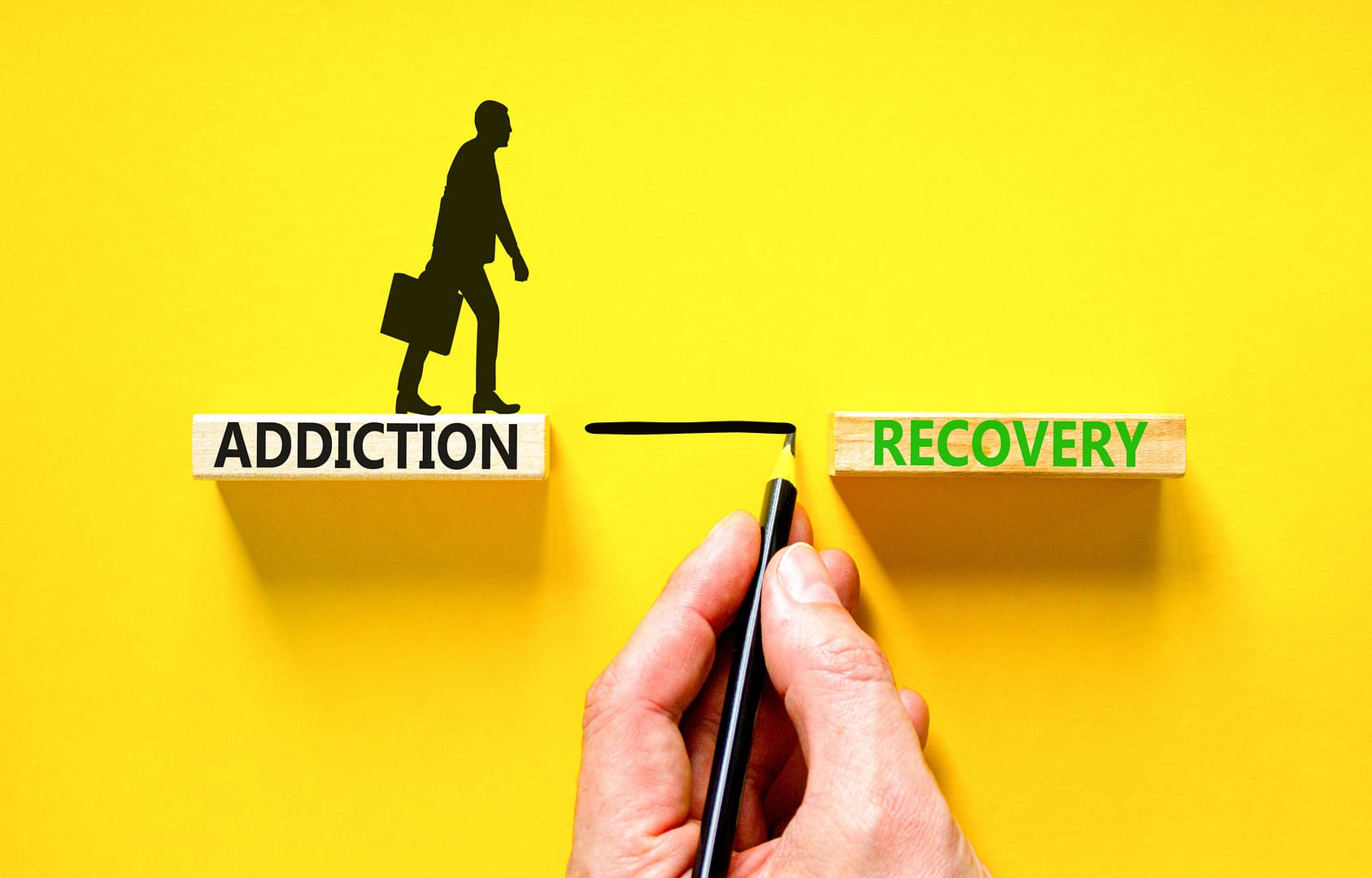
Substance use disorder represents one of the most challenging battles a person will ever face—not just against chemical dependency, but against stigma, shame, and the complex web of factors that contributed to their addiction in the first place. Luckily, modern substance use rehabilitation has evolved far beyond the one-size-fits-all approaches of the past, embracing evidence-based treatments, personalized care, and a deeper understanding of addiction as a complex medical condition rather than a moral failing. This transformation represents one of the most significant advances in mental health care, where once treatment centers relied primarily on confrontational methods and rigid programs, today’s facilities offer sophisticated, individualized approaches that address not just the addiction itself, but the underlying trauma, mental health conditions, and social factors that fuel substance use disorders.
Personalized Treatment Approaches
Contemporary research has definitively established that substance use disorders are chronic medical conditions involving complex changes in brain structure and function, particularly affecting areas responsible for decision-making, impulse control, and reward processing. This has revolutionized treatment approaches, moving away from shame-based interventions toward medical models that treat addiction with the same seriousness and compassion afforded to other chronic diseases like diabetes or heart disease.
Contemporary treatment centers conduct comprehensive assessments that examine not only the nature and extent of substance use, but also co-occurring mental health conditions, trauma history, family dynamics, socioeconomic factors, and individual strengths and preferences. This holistic evaluation forms the basis for developing personalized treatment plans that address each person’s unique circumstances and needs.
Personalized treatment involves careful consideration of factors such as learning styles, cultural background, spiritual beliefs, family involvement, genetic predispositions that might influence treatment response, and individual trauma histories that may have contributed to substance use patterns. Some individuals respond better to intensive group therapy environments that provide peer support and shared experiences, while others thrive in one-on-one counseling settings that offer privacy and individualized attention. Some benefit from highly structured, intensively scheduled programs that provide external organization and routine, while others need more flexibility to accommodate work responsibilities, family obligations, or other life circumstances that can’t be put on hold during treatment.
The integration of pharmacotherapy into personalized treatment plans represents another crucial advancement in modern rehabilitation approaches. Medications like buprenorphine for opioid use disorder, naltrexone for alcohol dependence, and various psychiatric medications for co-occurring mental health conditions can be carefully tailored to each individual’s specific needs, medical history, and treatment goals. This medical model has profound implications for how rehabilitation programs are designed and delivered.
The medical support provided through carefully managed pharmacotherapy often provides the neurochemical stability necessary for individuals to engage effectively in the psychological and social interventions that form the core of long-term recovery and lifestyle change.
Given the complexity and individualized nature of effective addiction treatment, choosing reputable treatment facilities that offer comprehensive, evidence-based approaches becomes crucial. Established facilities like Jackson House Addiction Treatment & Recovery Centers integrate these modern, personalized methodologies into their treatment programs, allowing for lasting recovery outcomes
Evidence-Based Therapeutic Interventions
Modern rehabilitation programs draw from a robust arsenal of evidence-based therapeutic interventions, each with demonstrated effectiveness for specific aspects of addiction treatment. Cognitive behavioral therapy (CBT) remains a cornerstone of addiction treatment. It helps individuals pinpoint and modify the thought patterns and behaviors contributing to substance use. This approach teaches practical skills for managing cravings, avoiding triggers, and developing healthy coping mechanisms for stress and negative emotions.
Dialectical behavior therapy (DBT) has proven particularly valuable for individuals with co-occurring personality disorders or those who struggle with emotional regulation. This approach combines mindfulness techniques with practical skills for managing intense emotions without resorting to substance use. Similarly, trauma-informed therapies such as eye movement desensitization and reprocessing (EMDR) have become essential components of treatment for the significant percentage of individuals whose addiction stems from or is complicated by traumatic experiences.
Family therapy has emerged as a critical component of comprehensive treatment, recognizing that addiction affects entire family systems and that family dynamics often play important roles in both the development and maintenance of substance use disorders. Modern family interventions focus not on blame or confrontation, but on education, communication skills, and creating supportive environments that facilitate recovery while maintaining healthy boundaries.
Holistic Healing and Wellness Integration
Contemporary rehabilitation recognizes that sustainable recovery requires attention to all aspects of human wellness, not just the cessation of substance use. This holistic approach integrates physical health, mental wellbeing, spiritual development, and social connection into comprehensive treatment programs.
Physical wellness components might include nutritional counseling, exercise programs, and treatment of medical conditions that may have developed as a result of substance use or may contribute to continued use.
Mental health integration goes beyond treating co-occurring psychiatric conditions to include stress management, mindfulness practices, and the development of emotional intelligence and resilience. Many programs now incorporate meditation, yoga, art therapy, and other complementary approaches that help individuals develop new ways of experiencing joy, managing stress, and connecting with their inner resources for healing.
Spiritual components of treatment don’t necessarily involve religious practice, but rather help individuals explore questions of meaning, purpose, and connection that are often central to lasting recovery. This might involve traditional twelve-step approaches for some, while others might engage in nature-based therapies, philosophical exploration, or other forms of spiritual development that resonate with their personal beliefs and values.
Technology and Innovation in Treatment
The integration of technology into substance use treatment has opened new possibilities for both delivering care and supporting long-term recovery. Telemedicine has made treatment more accessible, particularly for individuals in rural areas or those with transportation or scheduling challenges. Virtual reality therapy is being used to help individuals practice coping skills in simulated high-risk environments, while smartphone apps provide continuous support for maintaining motivation, tracking progress, and accessing help during moments of vulnerability.
Moreover, wearable devices can monitor physiological indicators of stress or sleep patterns, providing valuable data for both treatment providers and individuals in recovery. Artificial intelligence (AI) is being employed to analyze patterns in treatment response and predict relapse risk, enabling more proactive and targeted interventions. These technological advances don’t replace human connection and therapeutic relationships, but rather enhance and extend the reach of traditional treatment approaches.
Online support communities and digital recovery platforms have also expanded the possibilities for peer support and ongoing connection with recovery communities. These platforms can be particularly valuable for individuals who face geographic isolation or social stigma that makes it difficult to access traditional in-person support groups.

Long-Term Support and Relapse Prevention
Modern rehabilitation recognizes that recovery is an ongoing process that requires sustained support and attention. Comprehensive programs now emphasize relapse prevention planning and provide multiple levels of continuing care that can be adjusted based on individual needs and circumstances. These might include transitional housing, intensive outpatient programs, regular check-ins with counselors, and connection to community-based recovery support services.
Peer support programs have gained recognition as powerful tools for sustained recovery. Individuals who have successfully navigated their own recovery journeys can provide unique forms of support, hope, and practical guidance that complement professional treatment. These peer relationships often continue long after formal treatment ends, providing ongoing accountability and encouragement.
Modern relapse prevention planning goes beyond simply identifying triggers and developing coping strategies. It includes creating comprehensive lifestyle changes that support long-term wellbeing, developing strong social support networks, establishing meaningful goals and activities, and creating plans for managing the various challenges and stressors that inevitably arise in life.
Breaking Down Barriers and Reducing Stigma
Contemporary rehabilitation efforts increasingly focus on addressing the systemic barriers that prevent individuals from accessing and benefiting from treatment. This includes advocating for insurance coverage of addiction treatment, developing programs that accommodate work and family responsibilities, and creating culturally responsive services for diverse populations. Many programs now offer childcare, transportation assistance, and flexible scheduling to ensure that practical barriers don’t prevent individuals from getting the help they need.
Efforts to reduce stigma extend beyond treatment centers into communities, workplaces, and families. Public education campaigns help people understand addiction as a medical condition rather than a character flaw, while recovery advocates share their stories to demonstrate that recovery is possible and that individuals in recovery can be valuable contributors to their communities.
The criminal justice system has also begun to embrace treatment-oriented approaches, with drug courts and other diversion programs offering treatment instead of incarceration for non-violent drug offenses. This shift recognizes that punishment alone rarely addresses the underlying issues that drive addiction and that treatment-oriented approaches are more effective at reducing both substance use and criminal behavior.
Conclusion
While the path to recovery remains challenging with no guarantees or quick fixes, modern rehabilitation offers sophisticated tools, compassionate support, and evidence-based approaches that have helped millions of people reclaim their lives from addiction. As our understanding of addiction continues to evolve and treatment approaches become even more refined and effective, the future holds even greater promise for those seeking freedom from substance use disorders. Recovery is happening every day in treatment centers, communities, and families around the world, one person and one day at a time.
Advertise with the mоѕt vіѕіtеd nеwѕ ѕіtе іn Antigua!
We offer fully customizable and flexible digital marketing packages.
Contact us at [email protected]



